Artículos
Consulta nuestros artículos más recientes y populares sobre todos los accesorios, smartphones y dispositivos que te gustan.
Fiestas
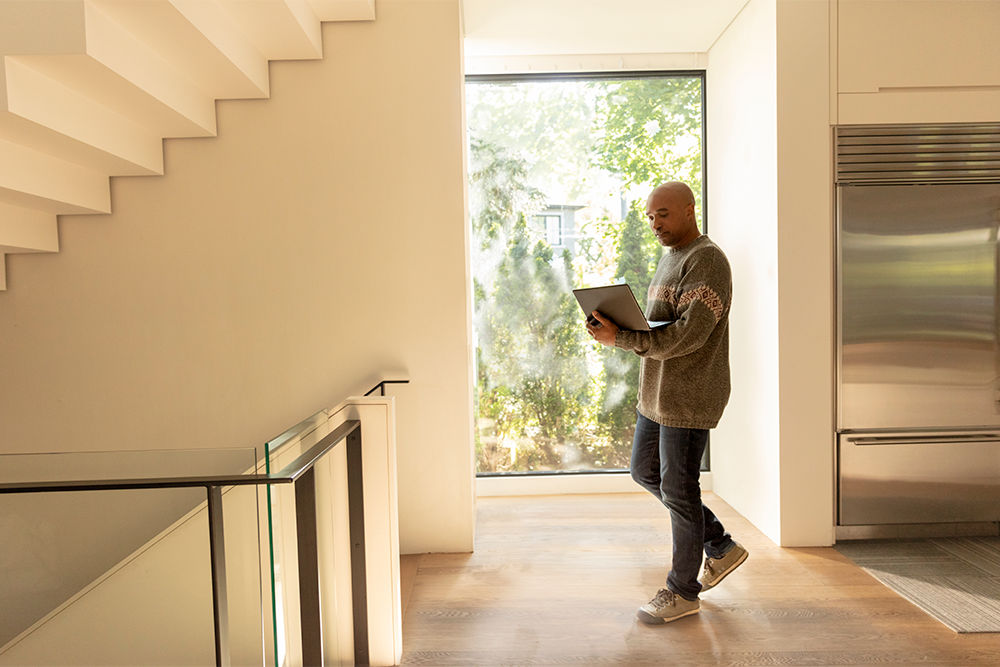
4 accesorios de Google increíbles para papá
Este Día del Padre, sorprende a papá con un nuevo accesorio tecnológico de Google.

Los mejores regalos tecnológicos para este San Valentín
Este San Valentín, demuestra tu amor con la mejor tecnología.

Guías de regalos tecnológicos
Consulta las últimas guías para regalar un smartphone y dispositivo conectado.
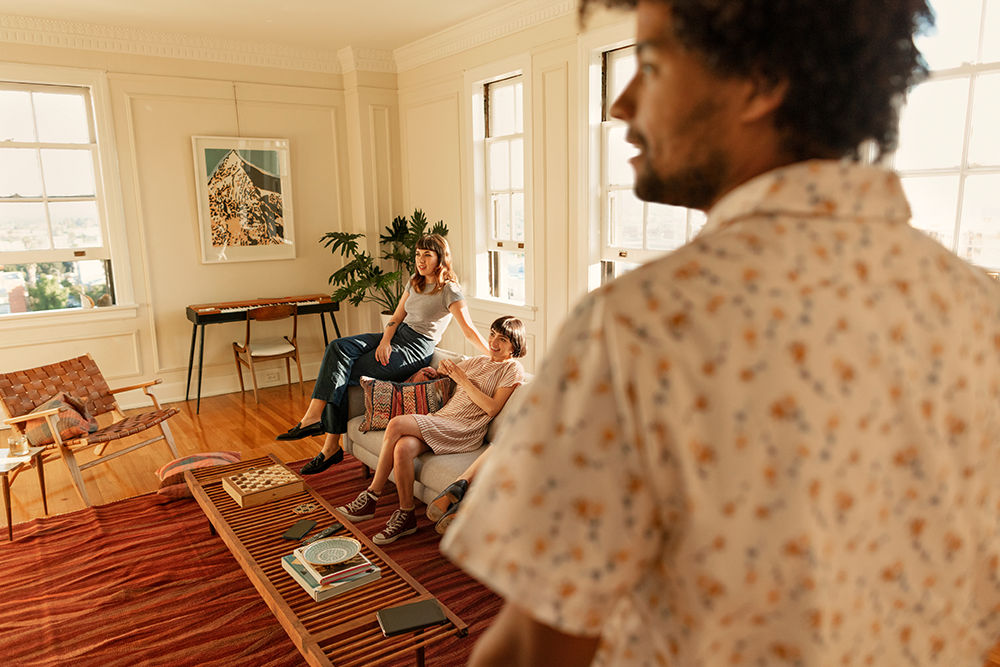
La mejor guía para regalar dispositivos para hacer streaming en TV
Échale un vistazo a estos increíbles regalos para hacer streaming en TV que ofrece Verizon.

Ideas de regalos para ellas: desde mamás hasta novias, esposas e hijas.
Tesoros tecnológicos que sin dudas le arrancarán una sonrisa estas fiestas.

Regalos tecnológicos para ellos para estas fiestas.
Ideas de regalos para los hombres de tu vida.

Regalos para un fanático del audio: Audífonos, altavoces y más
Compra en Verizon lo mejor en audífonos, altavoces portátiles y barras de sonido.

Best tech gift ideas 2023: Smartwatches
Consulta la guía de regalos de Verizon para conocer el Apple Watch, el Galaxy Watch, el Pixel Watch y mucho más.
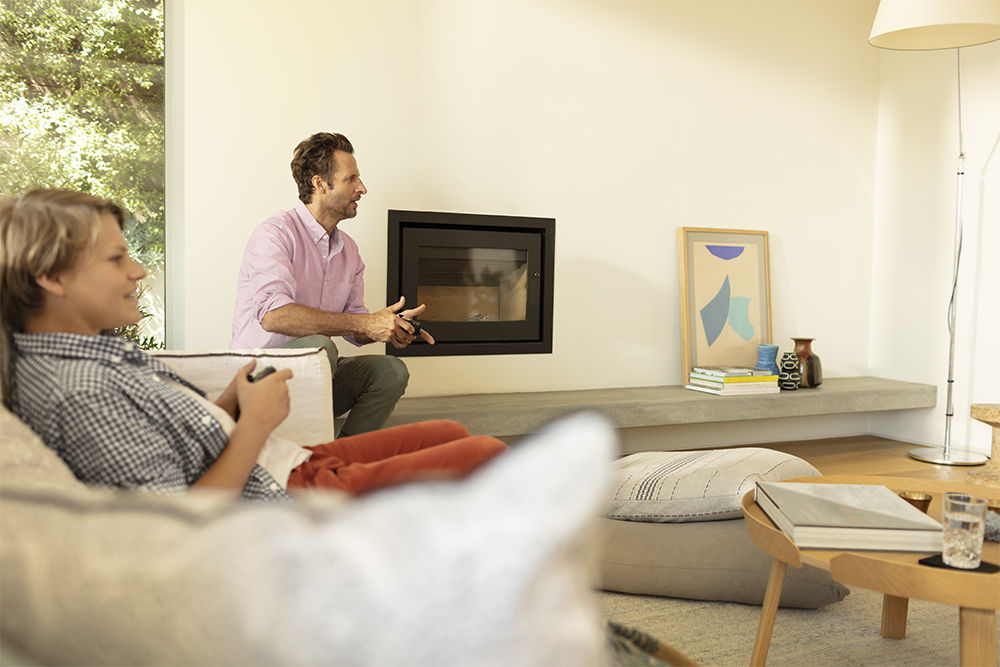
Regalos para jugadores en Verizon
¿Buscas un regalo para el jugador que llevas dentro? Descubre nuestros regalos tecnológicos y juega a otro nivel.

5 funciones en un smartphone para que sea el regalo perfecto para estas fiestas
A continuación, te detallamos cinco motivos por los que un smartphone debería encabezar tu lista de regalos.

2024 Black Friday and Cyber Monday Deals
Adelántate en tus compras con esta guía de regalos para las fiestas, que incluye una vista previa de las próximas ofertas de Black Friday de Verizon.
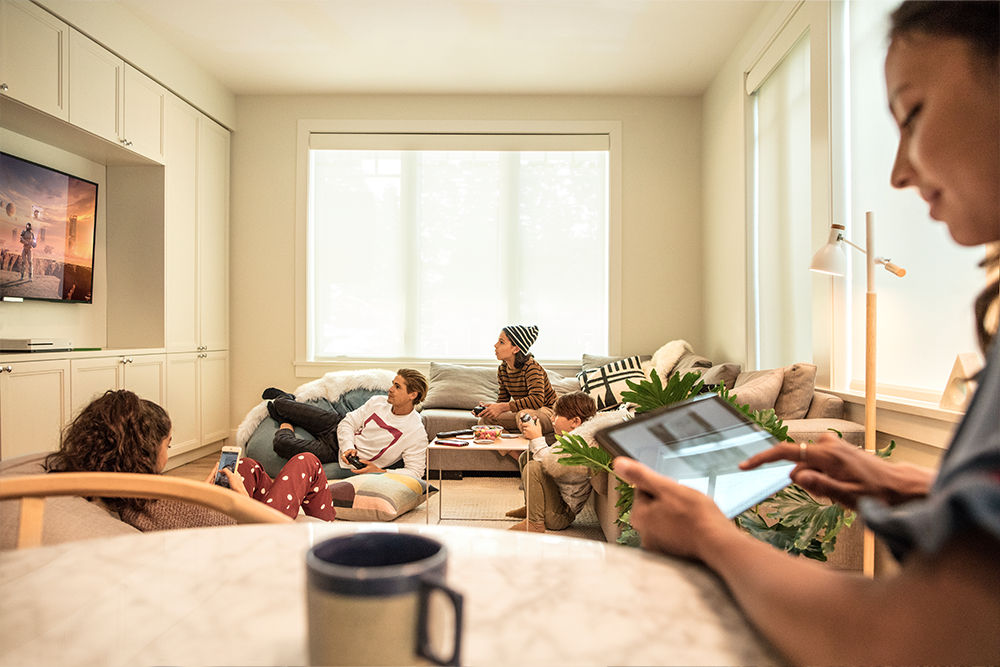
La mejor guía para regalar una tablet
Estas fiestas, elige la tablet más moderna para tus seres queridos.

Cómo regalar aplicaciones de Android
Estas fiestas, regala aplicaciones de Android útiles, divertidas y modernas como siempre.
Smartphones
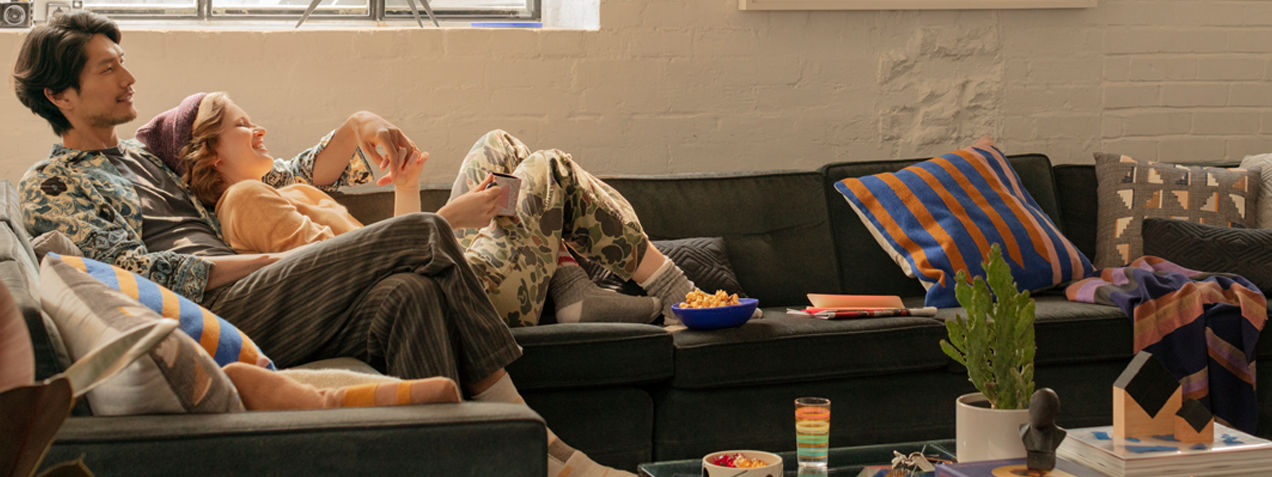
Conecta dispositivos móviles a tu televisor para tener el mejor entretenimiento
Ve las diferentes opciones para conectar tus dispositivos a tu televisor.

¿Qué es la adicción al teléfono móvil?
Si te aíslas del mundo, sufres depresión o sientes ansiedad cuando no puedes revisar tu teléfono, es probable que tengas una adicción al teléfono móvil.

Reciclaje y sostenibilidad de teléfonos móviles
Te mostramos 4 formas ecológicas de desechar tu teléfono móvil viejo.
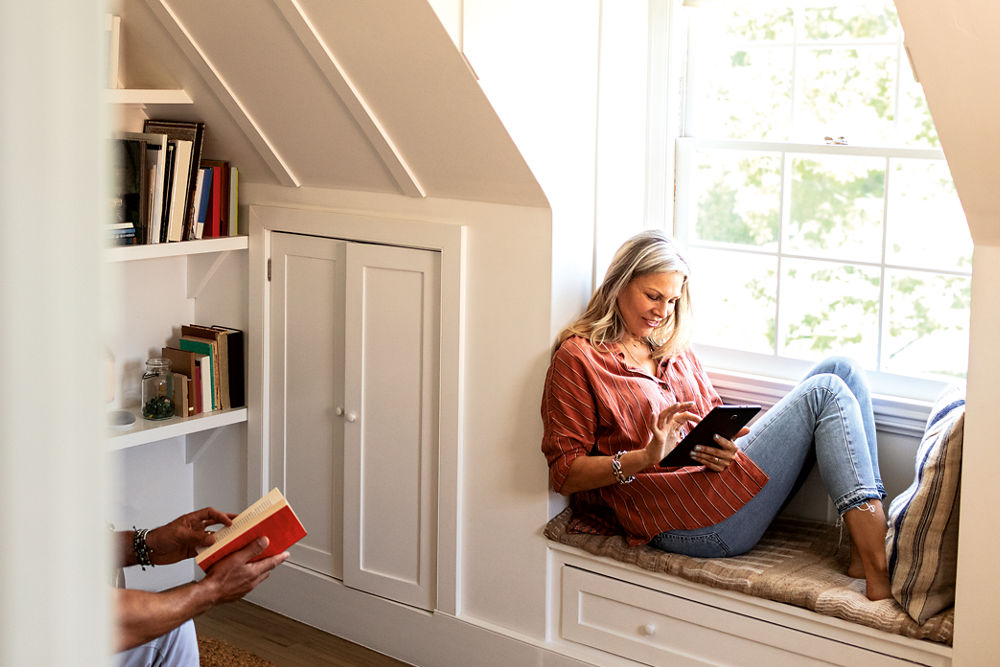
Los mejores planes telefónicos y dispositivos móviles para adultos mayores
Tecnología adaptada para mayores de 65 años.

Cómo dirigir un blog desde tu smartphone
Mediante el uso de aplicaciones y accesorios, puedes administrar un blog de videos, fotografías, escritos o podcasts móvil vayas donde vayas.

La historia del teléfono Google Pixel.
Descubre más acerca de la evolución del Google Pixel.

Un servicio simplificado: un enfoque humano del servicio al cliente.
Descubre el enfoque de Verizon para ayudar a sus clientes.

La historia de los Apple iPhones
Échale un vistazo a los aspectos clave en el desarrollo del Apple iPhone.

Breve trayectoria del smartphone Samsung Galaxy S
Ve esta línea de tiempo de la serie S de smartphones Samsung Galaxy desde su lanzamiento en 2010.

Todos los colores del iPhone, cómo mantenerlo limpio y mucho más
Si vas a comprar un nuevo iPhone, es importante saber qué colores están disponibles y cómo mantener limpio tu nuevo teléfono.

Los mejores teléfonos resistentes de Verizon
Estos teléfonos resistentes pueden manejar casi cualquier cosa que se les presente.

Intercambio de un iPhone: ¿cuánto vale tu teléfono?
Usa el valor de intercambio de tu dispositivo para llevarte un iPhone nuevo.

Los 5 smartphones más fáciles de usar
Te mostramos 5 smartphones sencillos de Verizon que seguramente te encantarán.

Nuevas funciones de iOS 14 que te encantarán
La nueva actualización de iPhone cambiará la manera en que usas el dispositivo.

5 smartphones con la batería de mejor duración
Ve los mejores teléfonos de Verizon con la batería de mejor duración.

Comparación de iPhone 12, iPhone 13 y iPhone SE
Compara las distintas características de los últimos modelos de iPhone, desde el tamaño de la pantalla hasta las funciones de la cámara.

Compra un teléfono nuevo sin salir de casa
Compra un teléfono nuevo con solo unos clics a través de My Verizon.

Los beneficios de las identificaciones médicas en el smartphone
Las aplicaciones de identificaciones médicas para smartphones le permiten al personal médico acceder a información valiosa.
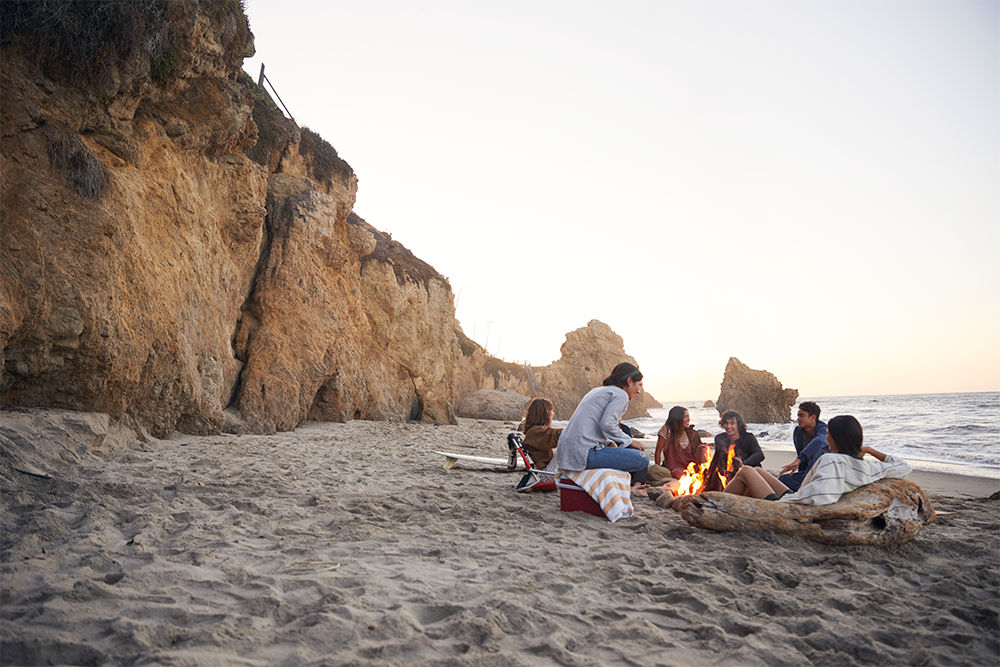
Cómo agregar una línea a tu plan de Verizon
Agregar otra línea a tu plan actual es rápido y sencillo con My Verizon.

Características y comparación del Samsung Galaxy S10 5G
Lee acerca del smartphone insignia de Samsung de 2019.

7 características de smartphones que querrás
¿Cuáles son algunas de las características avanzadas que incluyen los teléfonos nuevos como el iPhone 12 y el Samsung Galaxy S20?

Activa tu smartphone OnePlus 6T en Verizon
Descubre más sobre cómo puedes activar este smartphone en Verizon.

Especificaciones del Apple iPhone XS y XS Max
Examina las especificaciones del Apple iPhone XS y iPhone XS Max.

10 aplicaciones para smartphone gratis que todos necesitan
Usa estas 10 aplicaciones gratis para simplificar tus días.

Lo que debes saber sobre el lanzamiento anual del nuevo iPhone
5 razones por las que la gente está cambiando sus viejos iPhones por el dispositivo estrella de Apple de 2019.

¿Cuál es el teléfono prepagado ideal para ti?
Los smartphones Prepaid están disponibles en algunas de las mejores marcas del mercado.

Aplicaciones de emergencia que deberías descargar hoy
Estas aplicaciones iOS y Android pueden ayudarte a asegurarte de tener lo que necesitas, sin importar lo que la vida te presente.
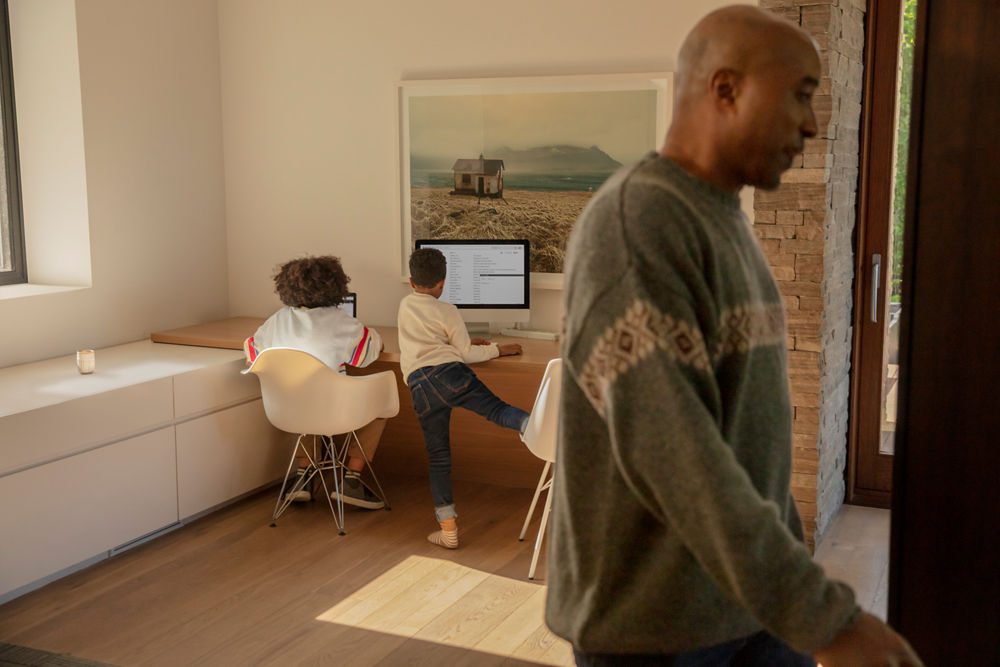
Guía de smartphones para niños de primaria
Examina esta guía sobre teléfonos móviles para alumnos de primaria.

Los mejores teléfonos resistentes de Verizon
Estos teléfonos resistentes pueden manejar casi cualquier cosa que se les presente.
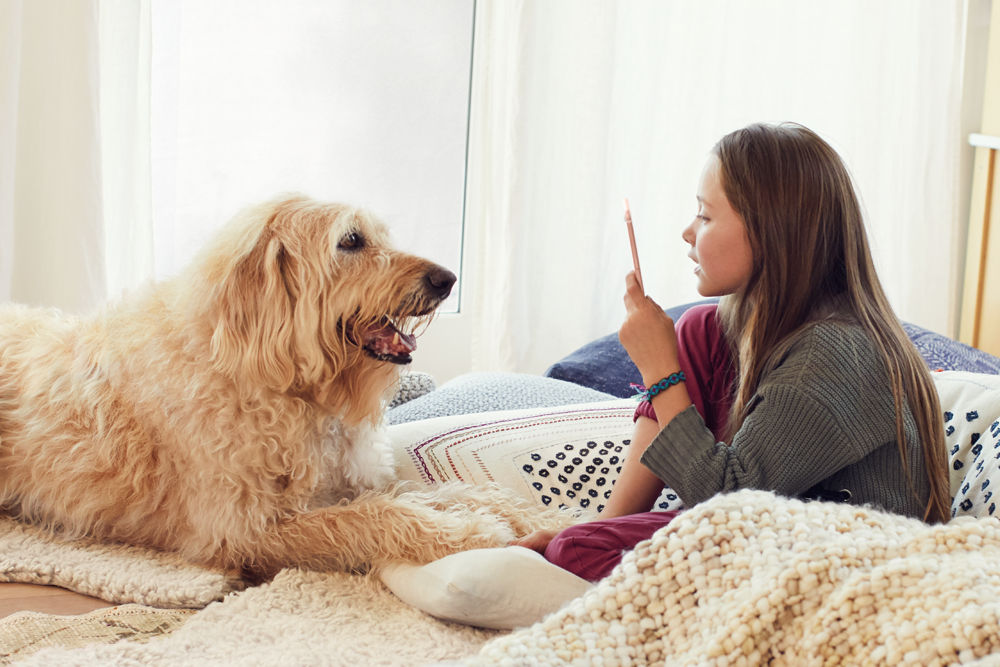
La mejor cámara para ti
Llévate el smartphone con la cámara que te ofrezca las funciones para tomar las fotos que desees, desde selfies hasta paisajes.

10 negocios para iniciar con un smartphone
Si quieres trabajar por tu cuenta, te mostramos cómo iniciar un negocio desde tu teléfono.

Los mejores teléfonos y accesorios para jugar
Juega como si tuvieras una consola vayas donde vayas con estos teléfonos, accesorios y herramientas nuevas.

Comparación de teléfonos Samsung Galaxy S10 - Parte 2
Echa un vistazo a las características del Samsung Galaxy S10, S10e y S10+.

Conductas positivas y negativas al usar el teléfono móvil en cualquier situación
Te compartimos consejos y trucos para adoptar actitudes correctas en el uso del teléfono móvil.

Los mejores teléfonos básicos de Verizon
Ve estos teléfonos sencillos que no te abrumarán cada 30 segundos.

Los mejores smartphones para videojuegos móviles
Ve algunos de los mejores smartphones para videojuegos móviles en Verizon.

Las 6 mejores aplicaciones para mensajería de texto grupal
Estas aplicaciones para mensajería de texto grupal te permite chatear con muchos amigos, familiares o compañeros de trabajo.
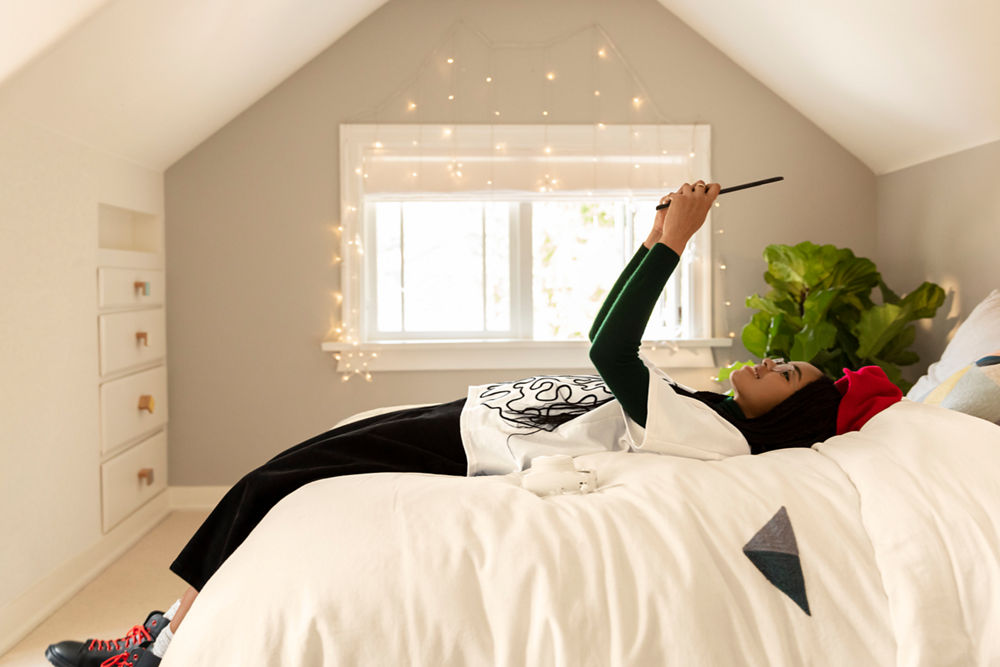
La mejor tecnología y los mejores teléfonos para niños, adolescentes, preadolescentes y más
Descubre las últimas ofertas y encuentra la opción ideal para tu familia.

Las mejores aplicaciones para bloquear los mensajes de texto mientras conduces
Todos debemos usar el "TTYL" antes de decir "OMG" por el auto.
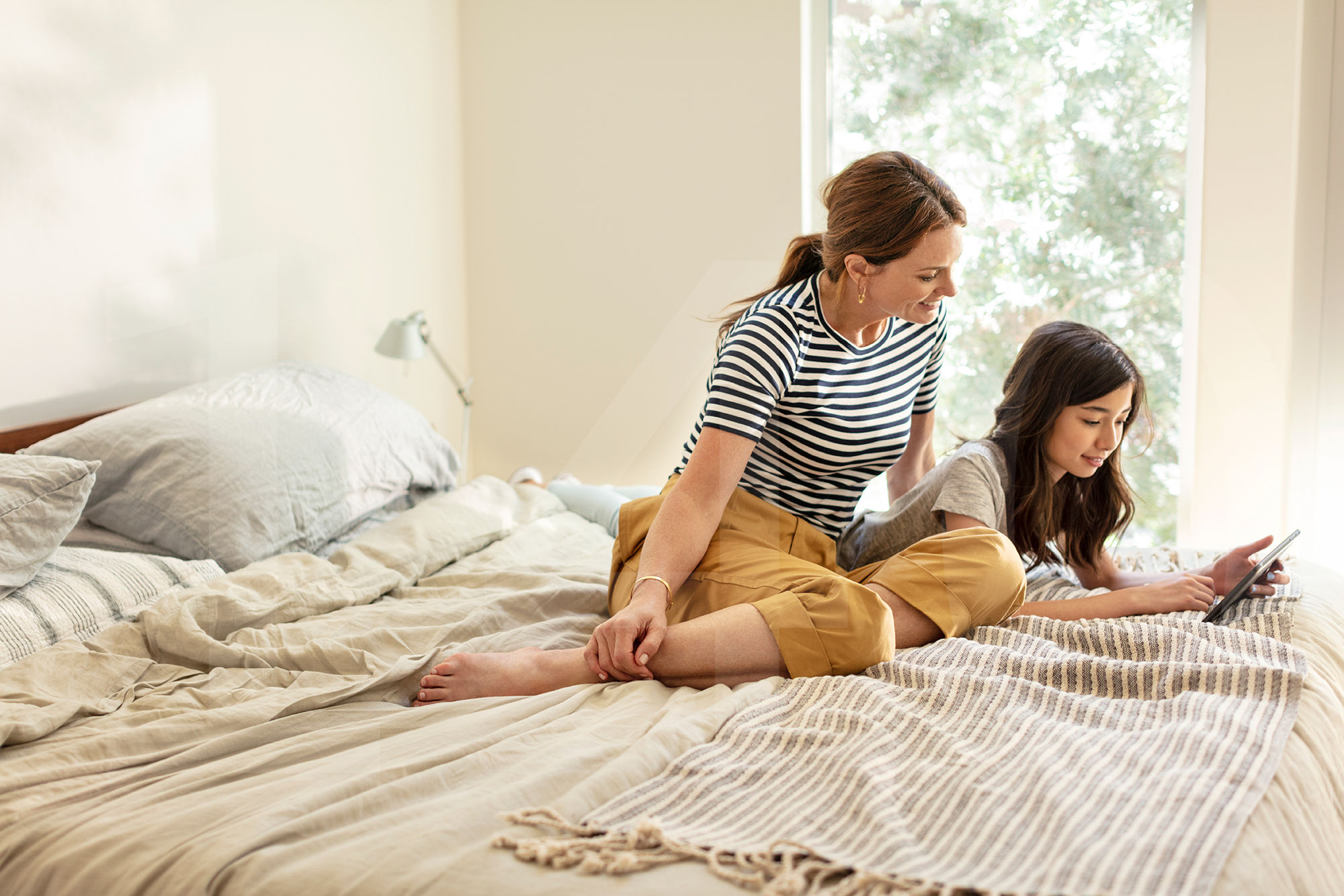
Planes de telefonía familiares
Desde agregar una línea hasta hacer ajustes, esto es lo que debes saber sobre los planes familiares de Verizon.

Cómo (y por qué) intercambiar tu dispositivo
Ahorra en grande en un dispositivo nuevo al intercambiar tu dispositivo antiguo en línea.

Ofertas de smartphones y iPhones por menos de $500
Estas ofertas de teléfonos móviles son combos fabulosos y económicos que cuestan menos de $500.

¿Qué teléfono Samsung Galaxy es el ideal para ti?
Entre el nuevo Samsung Galaxy S23 y sus impresionantes predecesores, ¿cómo puedes saber cuál es el mejor teléfono Galaxy para ti?

Cómo usar Fotos de Google
Busca y encuentra fotos con mayor rapidez usando Fotos de Google.
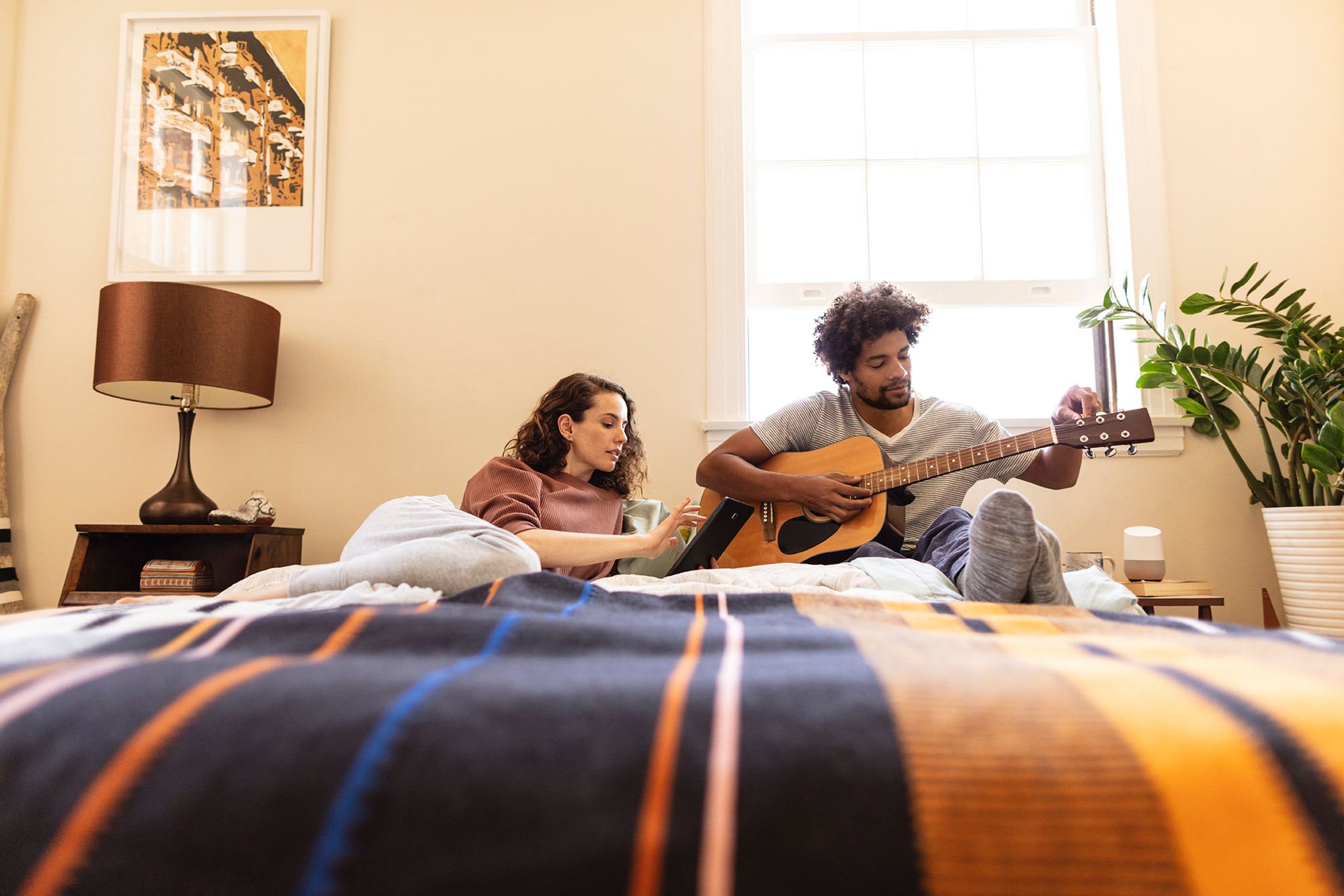
5 motivos por los que necesitas tonos personalizados
Al establecer tonos personalizados, podrás evitar llamadas spam y saber quién llama.

Videochat: un instructivo breve
Échale un vistazo a estos consejos y accesorios para una experiencia de videochat óptima.

Cómo regalar aplicaciones de Android
Estas fiestas, regala aplicaciones de Android útiles, divertidas y modernas como siempre.

Sugerencias para usar tu teléfono móvil
¿Quieres descubrir más sobre cómo aprovechar mejor tu teléfono móvil? Consulta nuestros artículos para descubrir más.

Formas de hacer dinero con tu teléfono móvil
Existe un sinfín de maneras divertidas, emocionantes e inesperadas de hacer dinero usando tu smartphone.

3 cosas sorprendentes que puedes hacer con el Apple iPhone X
Descubre los superpoderes no tan obvios del smartphone emblemático de Apple.

Los mejores smartphones con pantallas grandes
Echa un vistazo a algunos de los mejores smartphones con pantalla grande de Verizon.

Teléfonos móviles para adultos mayores, con funciones que les encantarán
Los mejores celulares para adultos mayores tienen botones, opciones activadas por voz y más que les simplifica la vida y los mantiene conectados.

Valor de intercambio: respondemos las preguntas más importantes
¿Estás pensando en intercambiar tu teléfono? Aclaramos las dudas más comunes.

Cómo enviar un fax desde el teléfono
Aquí tienes algunas aplicaciones que te permiten enviar un fax desde tu teléfono.

Los mejores smartphones y accesorios
Equipa a tus adolescentes con los mejores smartphones y accesorios tecnológicos.
Todo acerca del Google Pixel 6 y 6 Pro
Comparamos las especificaciones y características del nuevo Google Pixel 6 y 6 Pro, así como sus accesorios.

Cómo grabar un video musical con el iPhone 13 Pro
Ya seas un TikToker, un YouTuber o simplemente quieras crear un video musical de primera calidad con tu iPhone, necesitas saber esto.
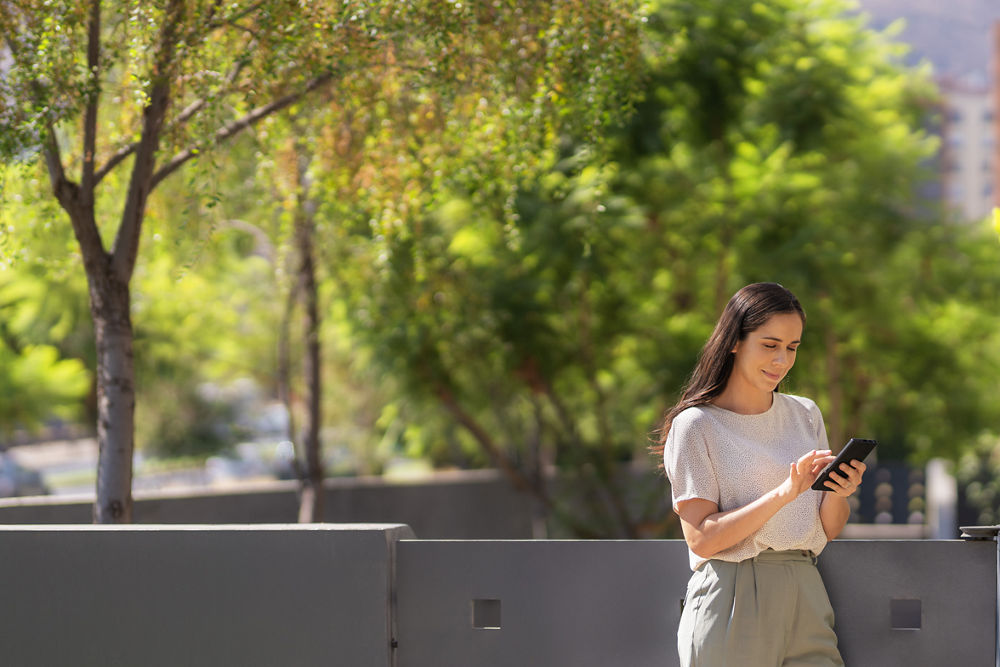
Año nuevo, nueva tecnología: qué esperar en 2022
2022 promete ser un gran año para la tecnología: desde teléfonos 5G ultrarrápidos hasta el metaverso.

Cómo tomar fotos profesionales con el iPhone
La fotografía del iPhone nunca ha sido tan profesional.

Samsung Galaxy: todo lo que debes saber
Compara los teléfonos Samsung Galaxy 5G más modernos y encuentra el ideal para ti.
Los mejores smartphones Android de 2020
Un análisis en detalle sobre los mejores teléfonos: Samsung, LG, Motorola y más.
Instructivos y preguntas frecuentes

Conecta dispositivos móviles a tu televisor para tener el mejor entretenimiento
Ve las diferentes opciones para conectar tus dispositivos a tu televisor.

Tecnología de reconocimiento de voz y activada por voz
Descubre más sobre la tecnología activada por voz que ya viene incorporada en los smartphones, laptops, tablets, e incluso en electrodomésticos.

Sugerencias y trucos para configurar tu hogar inteligente
Averigua si tu hogar inteligente es para ti y cómo puedes comenzar.
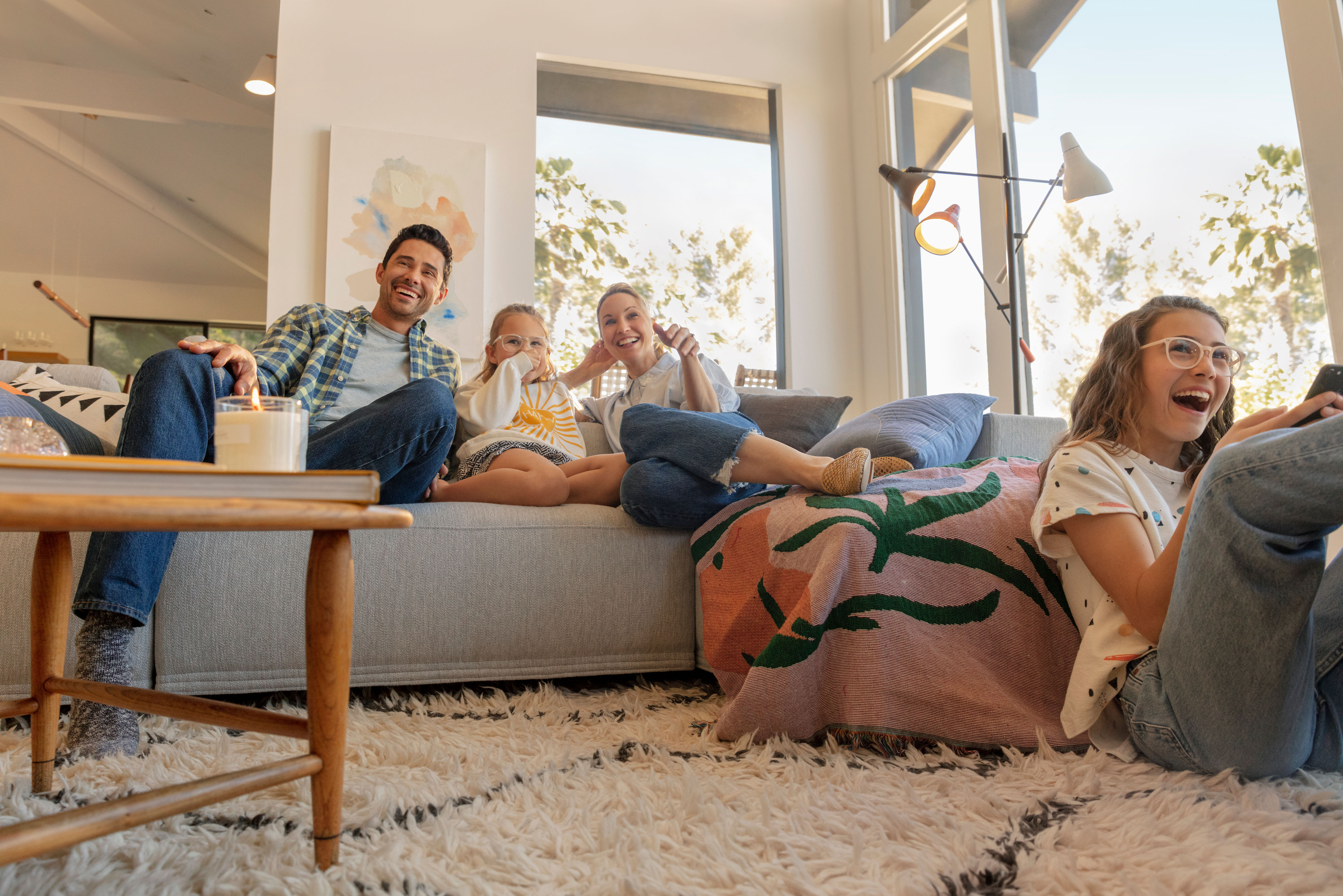
Hazlo tú mismo: ¿Cómo se convierte un televisor en un Smart TV?
Conoce cómo convertir tu TV en un TV inteligente con estos accesorios.

Ve cómo obtener un crédito en Verizon
Ver los requisitos de los créditos en Verizon es muy fácil. Descubre más.

¿Qué es la adicción al teléfono móvil?
Si te aíslas del mundo, sufres depresión o sientes ansiedad cuando no puedes revisar tu teléfono, es probable que tengas una adicción al teléfono móvil.

¿Qué es Wi-Fi?
Conoce el significado de Wi-Fi en el diccionario de términos técnicos de Verizon.

Qué es la fibra óptica: definición, significado y explicación
Obtén más información acerca del significado de fibra óptica con el diccionario de términos técnicos de Verizon.

Qué es la banda ancha: definición, significado y explicación
Obtén más información acerca del significado de banda ancha con el diccionario de términos técnicos de Verizon.


¿Qué es un antivirus?
Obtén más información acerca del significado de antivirus con el diccionario de términos técnicos de Verizon.

Convierte tu casa en un hogar inteligente
Verizon tiene toda la tecnología y accesorios que necesitas para convertir tu casa en un hogar inteligente, desde Google Nest hasta monitores de video para bebés.
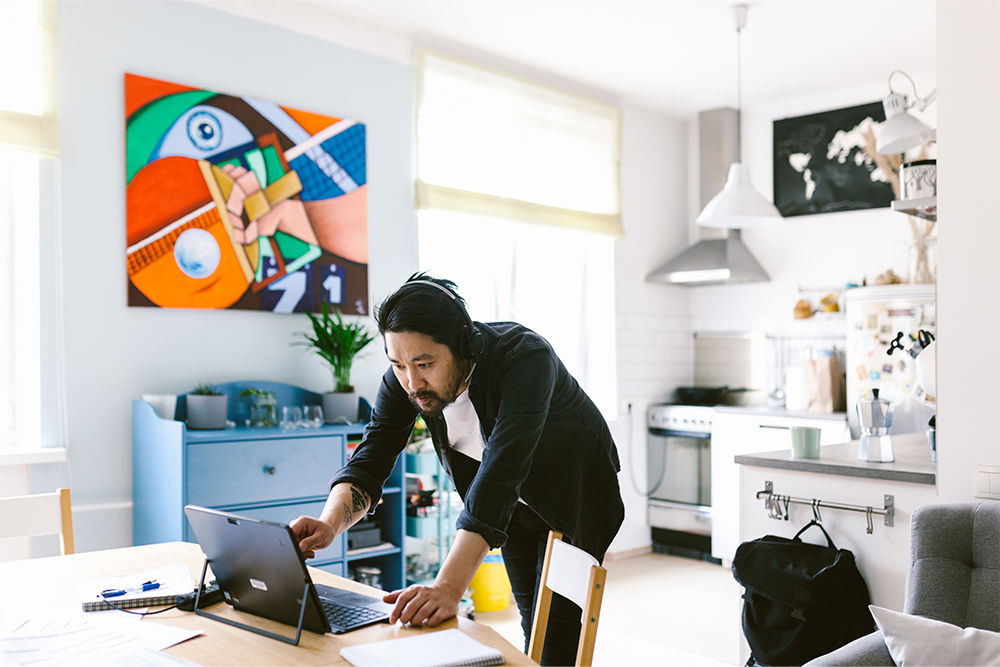
Internet Essentials
Lo básico que tienes que saber sobre qué es Internet y cómo tener acceso a internet en casa.
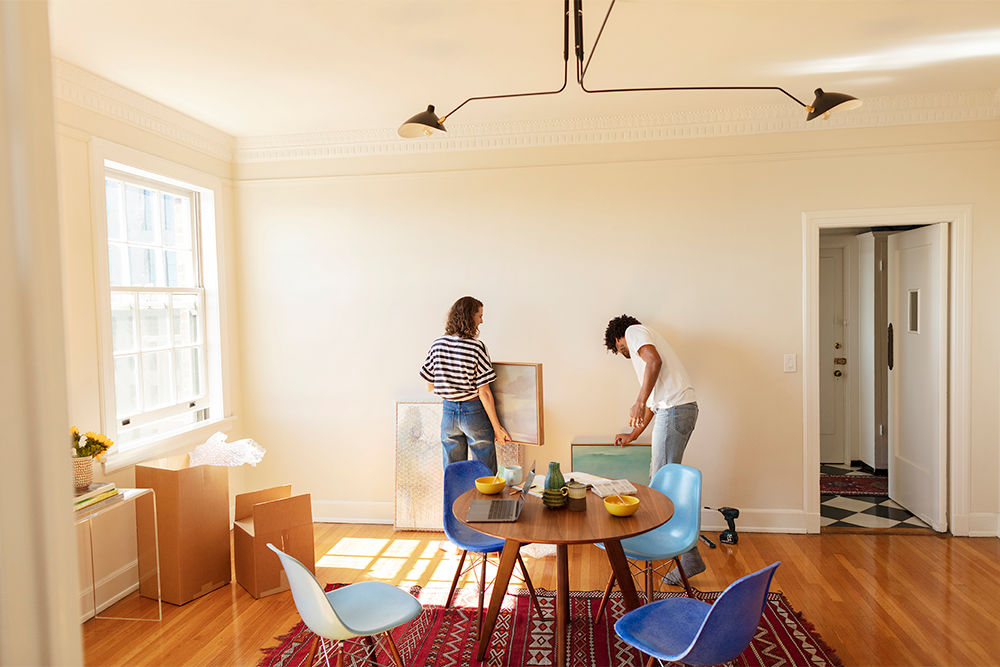
¿Te mudas? Planifica de antemano con Verizon
¿Planeas mudarte? Esto es lo que necesitas saber.

Velocidades 4G LTE vs. tu red doméstica
Si necesitas más velocidad, descubre más sobre la diferencia entre 4G LTE y tu red doméstica.

Valor de intercambio del dispositivo: ¿cuánto vale mi teléfono?
Esta es una forma rápida y fácil de averiguar el valor de intercambio de tu teléfono.

Cómo usar un extensor de Wi-Fi,
maneras para mejorar la intensidad de la señal y el acceso al verificar tu router Wi-Fi y agregar un extensor de Wi-Fi.

La diferencia entre 4G y 5G: comprende las velocidades de las redes
Puede parecer complicado, pero es muy sencillo comprender de qué se tratan estos servicios y las diferencias entre ellos.

¿Cuál sería una buena velocidad de internet?
Descubre qué se considera Internet de alta velocidad y entérate cómo aprovechar el servicio de internet.

Personaliza tu plan con los planes 5G Unlimited de Verizon
Personaliza tu plan telefónico según tus necesidades con los planes 5G Unlimited de Verizon y obtén acceso a algunos beneficios increíbles.
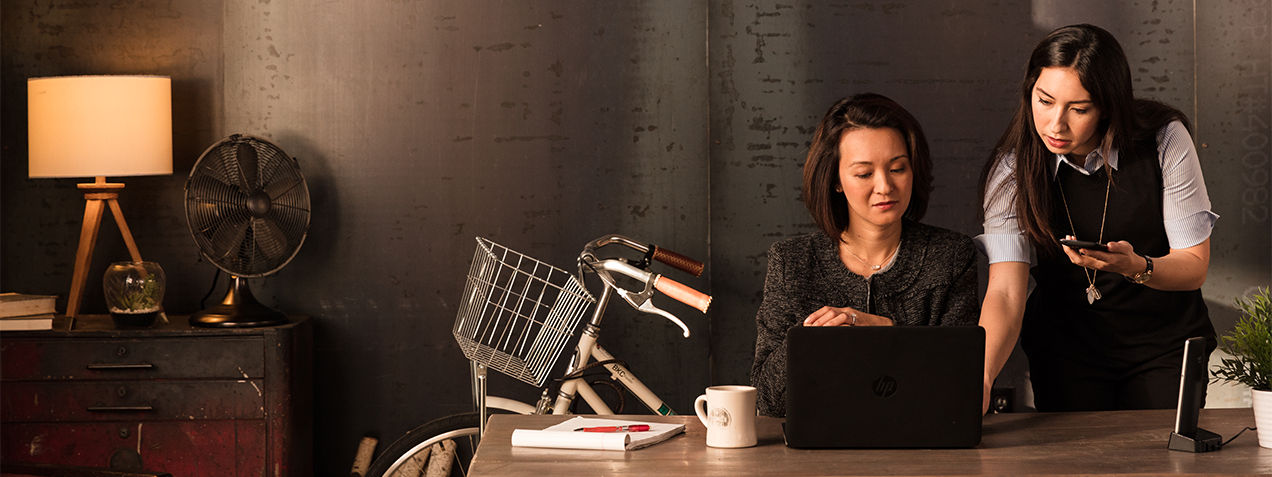
10 artículos indispensables para trabajar desde casa
Trabajar desde casa se ha convertido en una tendencia popular, pero puede resultar difícil mantenerse productivo.
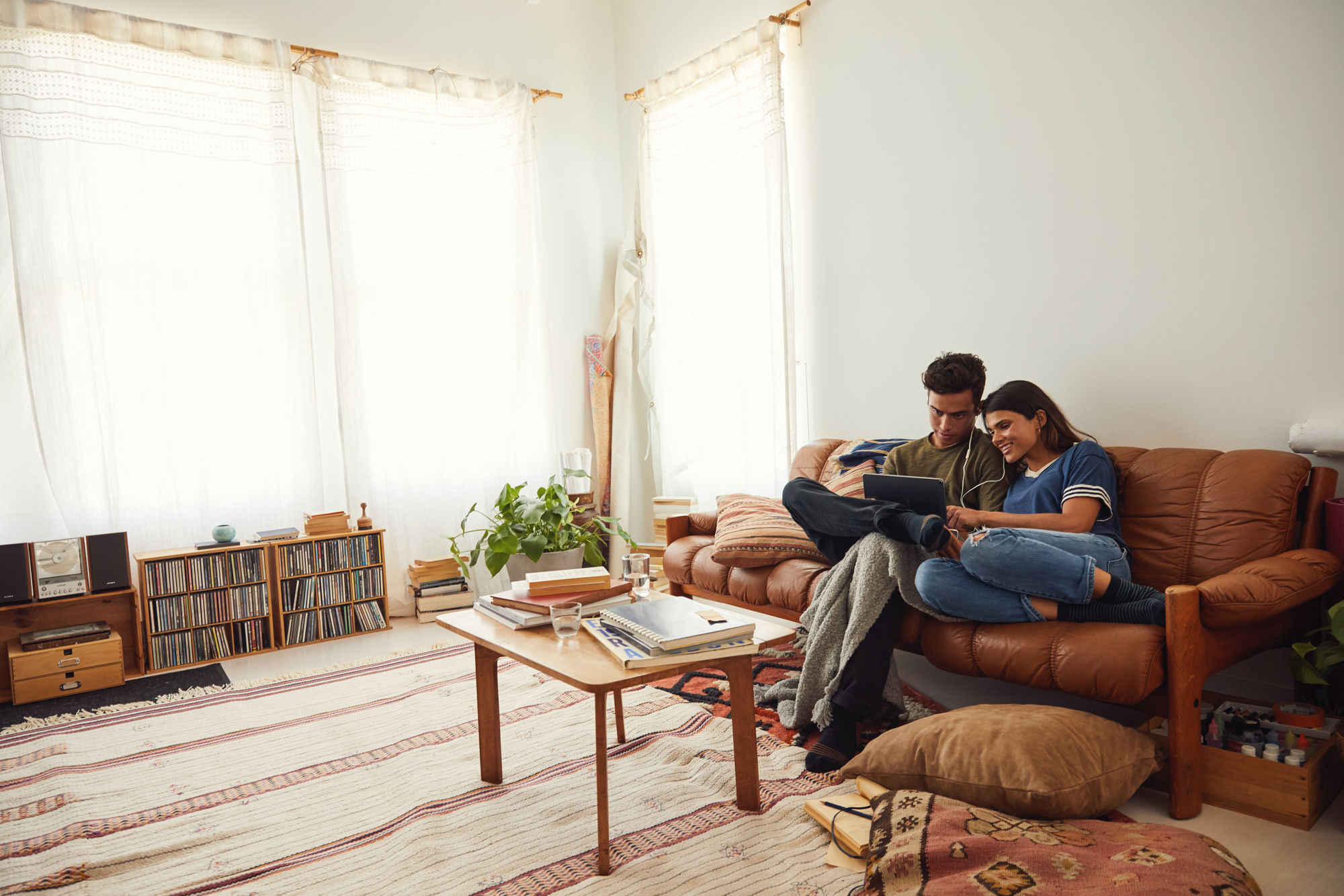
Cómo agregar una tablet a tu plan de Verizon
¿Diversificas tus dispositivos? Así es como activas tu tablet y eliges el plan de datos adecuado.

Agregar un Apple Watch a tu plan ilimitado de Verizon
Descubre más acerca de los planes de datos para dispositivos Apple Watch y dispositivos conectados de Verizon.

Compra un teléfono nuevo sin salir de casa
Compra un teléfono nuevo con solo unos clics a través de My Verizon.

Actualizar tu dispositivo de Verizon
Ya sea que finalice tu contrato o necesites el dispositivo que mejor se adapte a tu estilo de vida, te mostramos lo que debes considerar a la hora de realizar una actualización con Verizon.

¿Ya es hora de actualizar tu teléfono?
Considera estas preguntas importantes cuando te preguntas si estás listo para un nuevo smartphone.
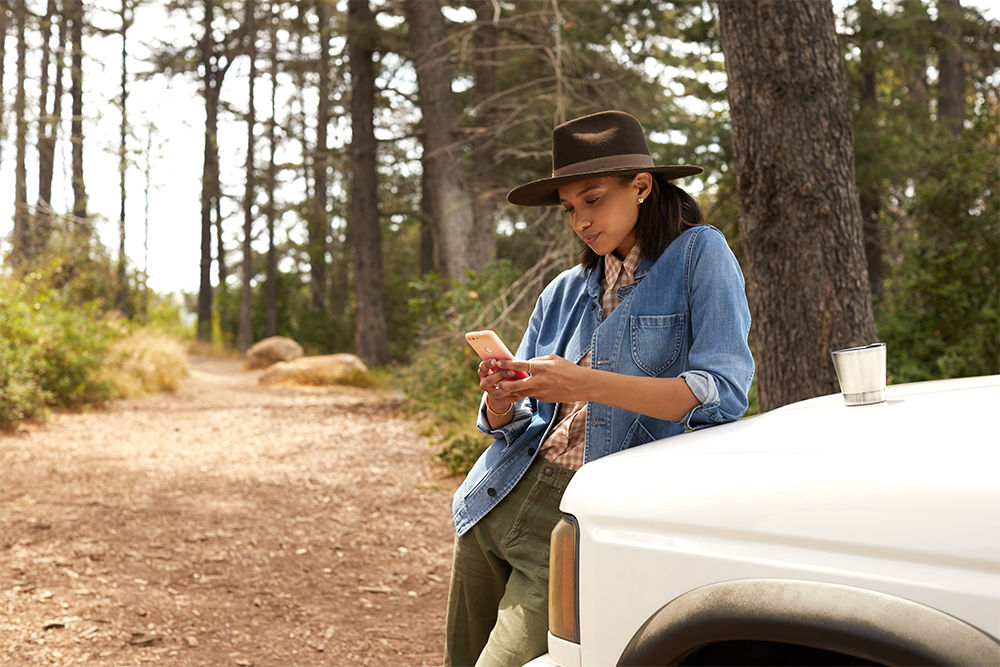
Cómo obtener acceso Wi-Fi vayas donde vayas.
Diversas maneras y herramientas para acceder a internet, donde sea que viajes.

Cómo usar Llamadas Wi-Fi y los hotspots móviles
Sigue conectado de forma segura, todo el tiempo y casi en cualquier lugar.

Cómo usar un Verizon Jetpack
Accede a Wi-Fi desde cualquier lugar con un Verizon Jetpack.

Cómo usar tu teléfono como un hotspot móvil
Conecta tu laptop, tablet y otros dispositivos al Wi-Fi de tu teléfono con estos simples pasos.

Suspende o reconecta tu servicio móvil
Descubre más sobre cómo suspender o reconectar tu servicio de Verizon.

¿De qué manera resultan productivas las visitas médicas virtuales?
Este tipo de consultas puede ser muy valioso como una medida accesible para aquellas personas con limitaciones de movilidad.

Intercambia para actualizarte
Con el programa de intercambio de dispositivos de Verizon, actualiza tus dispositivos antiguos y recibe dinero para llevarte uno nuevo.

¿Qué son las bandas telefónicas y por qué son importantes?
Esto es lo que necesitas saber sobre las tecnologías CDMA y GSM, cómo afectan a tu teléfono y qué buscar en el futuro.

Cómo (y por qué) intercambiar tu dispositivo
Ahorra en grande en un dispositivo nuevo al intercambiar tu dispositivo antiguo en línea.

Cómo elegir el mejor plan telefónico para una persona
Encuentra una opción que cubra tus necesidades y se adapte a tu presupuesto.

Visita una tienda de Verizon cercana
¿Quieres comprar un nuevo teléfono, router y más? Encuentra una tienda de Verizon cercana y conoce sus horarios.

Tu guía a una mejor oficina de trabajo en el hogar
Esto es lo que necesitas para crear un entorno laboral productivo y cómodo en casa.

¿Qué es mejor, vender o intercambiar un teléfono?
Es una buena pregunta... y la respuesta depende de mucho más que solo el teléfono.

5 formas de reducir el uso de datos y evitar cargos por exceso de uso
Estas son 5 formas rápidas de evitar cargos por exceso de uso.

5 sugerencias para controlar el uso de datos móviles
¿Estás por superar tu presupuesto de datos mensual? Contrólalo siguiendo estos pasos simples.

Cómo usar tu tablet como un smartphone
Para hacer llamadas desde una tablet, lo único que necesitas es una buena aplicación de teléfono para tablet.

La diferencia entre datos Wi-Fi y datos móviles
Descubre cómo el Wi-Fi y los datos móviles te ayudan a aprovechar al máximo tu plan de telefonía móvil.

Entender los datos: ¿cuántos datos necesito?
Usas tu smartphone para enviar mensajes de texto, ver videos y escribir emails, ¿pero cuántos datos necesitas realmente?

Cómo usar Fotos de Google
Busca y encuentra fotos con mayor rapidez usando Fotos de Google.

5 motivos por los que necesitas tonos personalizados
Al establecer tonos personalizados, podrás evitar llamadas spam y saber quién llama.

Teléfonos móviles como herramientas educativas
Descubre más sobre las mejores prácticas con teléfonos móviles en el ámbito educativo.

Videochat: un instructivo breve
Échale un vistazo a estos consejos y accesorios para una experiencia de videochat óptima.

Los 10 mejores consejos para optimizar la batería de tu smartphone o tablet
Descubre cómo aprovechar al máximo la batería de tus dispositivos.

Cómo conservar la batería de un smartphone cuando viajas
Preserva la duración de la batería de tu smartphone con los modos de ahorro de energía, cambios en la configuración y los accesorios adecuados que te permiten cargar tu teléfono cuando viajas.

¿Pediste tu teléfono de Verizon? Aquí te decimos cómo encontrarlo
Sin asistencia, perder tu teléfono puede ser costoso o poner en riesgo información importante. Aquí te contamos cómo encontrar un teléfono perdido.

Cómo llevar un registro del uso de datos con My Verizon
Lleva fácilmente un registro de tu asignación de datos mensual y recibe alertas de datos por mensaje de texto e email.

Encuentra y descarga tonos
Los tonos son una forma divertida de personalizar tu teléfono y mostrar tu estilo cuando recibes llamadas.

Cómo grabar archivos de audio en tu smartphone
No necesitas equipo de audio costoso para crear una buena grabación.

¿Mis datos biométricos están protegidos?
Si tu smartphone utiliza Face ID o reconocimiento de huellas dactilares para permitirte acceder a tu información, la seguridad biométrica funciona a la perfección.

Cómo regalar aplicaciones de Android
Estas fiestas, regala aplicaciones de Android útiles, divertidas y modernas como siempre.

Formas de hacer dinero con tu teléfono móvil
Existe un sinfín de maneras divertidas, emocionantes e inesperadas de hacer dinero usando tu smartphone.

Cómo limpiar tu teléfono móvil y mantenerlo sin gérmenes
Estas son algunas sugerencias para ayudarte a elegir limpiadores aptos para tecnología, paños para pantallas y otros productos para cuidar tus dispositivos.

Conecta un teléfono Android a una Mac
Transfiere archivos, fotos y más entre tu teléfono y dispositivo Apple.

Teléfonos móviles para adultos mayores, con funciones que les encantarán
Los mejores celulares para adultos mayores tienen botones, opciones activadas por voz y más que les simplifica la vida y los mantiene conectados.

Actualizaciones de teléfono: tu preguntas más importantes respondidas
¿Tienes curiosidad (o estás confundido) sobre cómo actualizar tu dispositivo? Te lo respondemos aquí.

Qué hacer con tu smartphone usado
Existen alternativas para evitar abandonar tu teléfono usado en el fondo de un cajón.

Teléfonos usados certificados: las respuestas a las preguntas más importantes
Desde teléfonos reacondicionados hasta teléfonos "como nuevos", aquí te explicamos cómo saber si un teléfono usado certificado vale la pena.

Descubre más sobre cómo cambiarse a Verizon
Descubre más sobre las ventajas y desventajas de cambiarse a Verizon con estos útiles artículos.

Cambiar de proveedor de telefonía: costos, cargos y ofertas
Antes de arriesgarte, revisa qué implica cambiarse de proveedor de servicio y ve si estás listo para hacerlo.

Cómo obtener fotos épicas al amanecer con tu smartphone
El fotógrafo Nick LaVecchia explica cómo tomar fotos épicas con tu smartphone.

Teléfonos desbloqueados vs. teléfonos con contrato
Te dejamos esta guía para que puedas tomar una decisión informada a la hora de comprar un smartphone que cubra tus necesidades y se ajuste a tu presupuesto.

Cómo transferir tu servicio de Internet y otros consejos sobre mudanza
Te mostramos cómo configurar el servicio de internet de Verizon en tu nueva dirección.
Descubre más
Información
Estamos aquí para facilitarte todo cuando eliges y usas los servicios de internet, TV y teléfono de Verizon.

Sala de prensa de Verizon
Accede a las novedades más recientes sobre lo que está sucediendo en Verizon.

Crianza en un mundo digital
¿Buscas apoyo para la educación de tus hijos en un mundo digital? Explora sugerencias y consejos de expertos para tu familia conectada.
